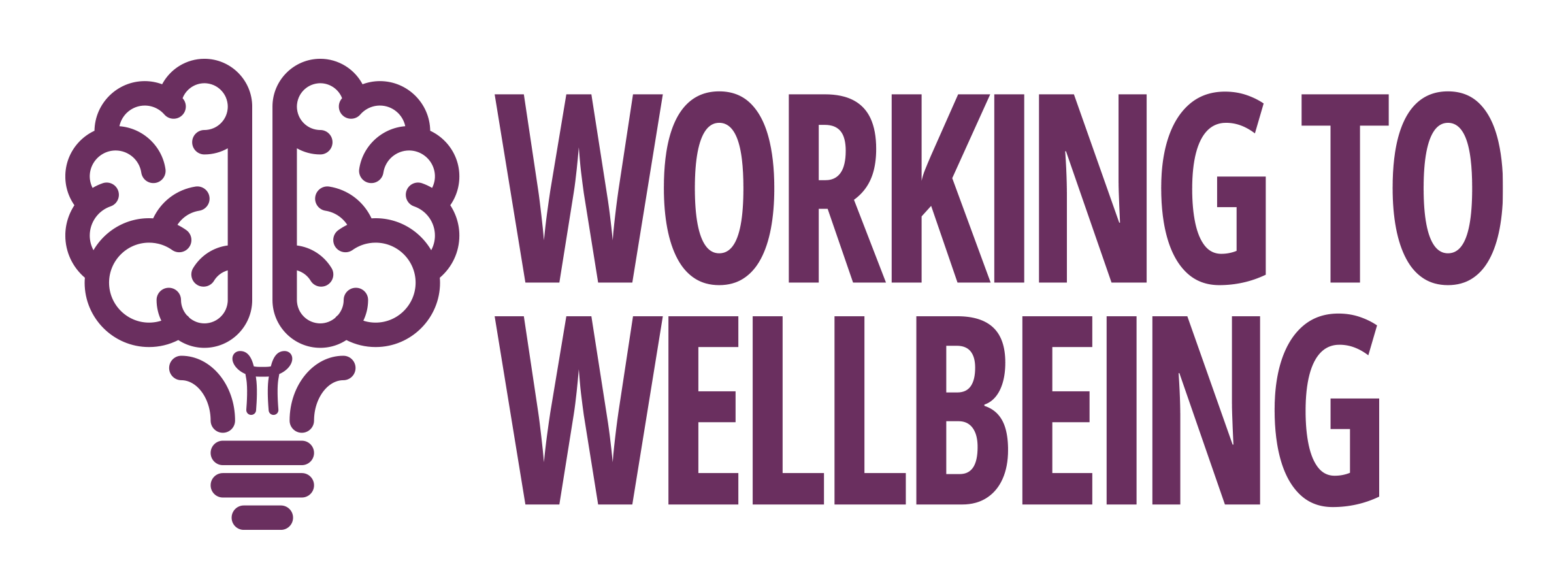Lights, Camera, Action By Julie Denning
I have been thinking hard and long about what to write for this edition. In the summer I was fired up with the Olympics and my own behaviour change (the swimming is sort of coming along, thanks….). Nearing the winter I am just wanting to bed in and hibernate. I know what I should be doing ,but at the moment it feels difficult stepping outside my front door to exercise.
Now, if I were my patient, I would be implementing the biopsychosocial approach; what are my beliefs about exercise? Who can I get to come with me to encourage me along the way, what are the obstacles getting in my way; halting action? I know what to do and how to do it. But do other practitioners?
Recently, I have been teaching various different groups of physiotherapists; those working in Occupational Health, those working in private practice and trainee Physios. I have been talking about understanding patient’s perspectives, communicating effectively and enabling behaviour change. All very ‘Familiar Territory’ for me. In one session, when I got to the BioPsychoSocial slides I noticed an audible sigh from my audience. I turned to them and enquired: “am I teaching you to suck eggs?’ “yes!” was the resounding answer.
‘Yikes’ Thought I.
Until I remembered something. It is one thing to know, it is another to act. So I ploughed on with my lecture. Teaching skills, tools and techniques. Helping physios to operationalize the biopsychosocial approach. ACTingUP and using models to guide questioning. Encouraging curiosity.
We came to the old chestnut of difficulty asking emotional questions and for once I had an enormous show of hands, enquiring and probing as to how to open this difficult box. For me it was ‘a moment’ in my teaching career. People wanted to talk emotions. Brilliant.
At the end of the lecture, when I was debriefing myself and grabbing a much needed coffee, a student came up to me. She admitted I was right when I asked about sucking eggs. The biospsychosocial approach had been taught to death. ‘But’, she said ‘your lecture was different, you actually taught us how to do it. No-one else has done that’.
My job was done.
It makes me think though. If she thought this, how many others have? Have you? If so, my advice would be: Question your practise. Rather than hibernating in the familiar, get out there and stretch your comfort zones. Make sure you are actually doing the biopsychosocial. Not just talking about it.

